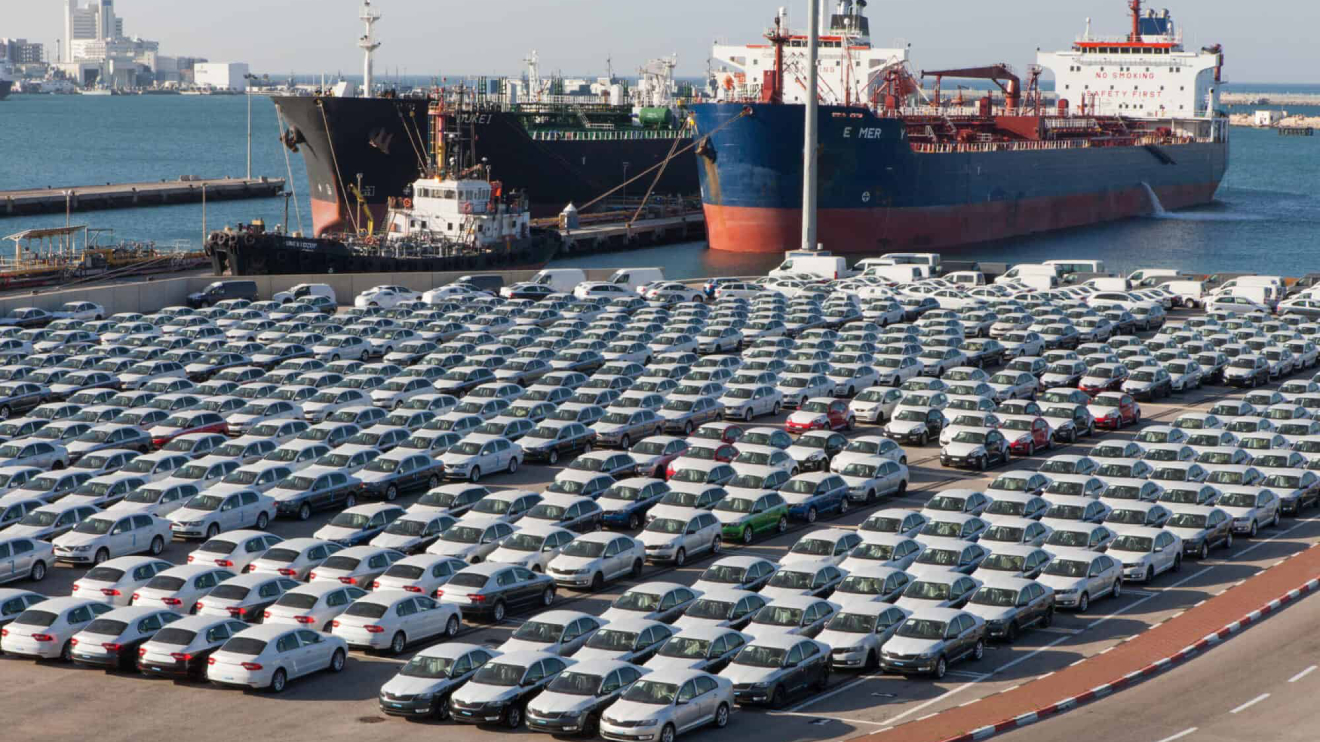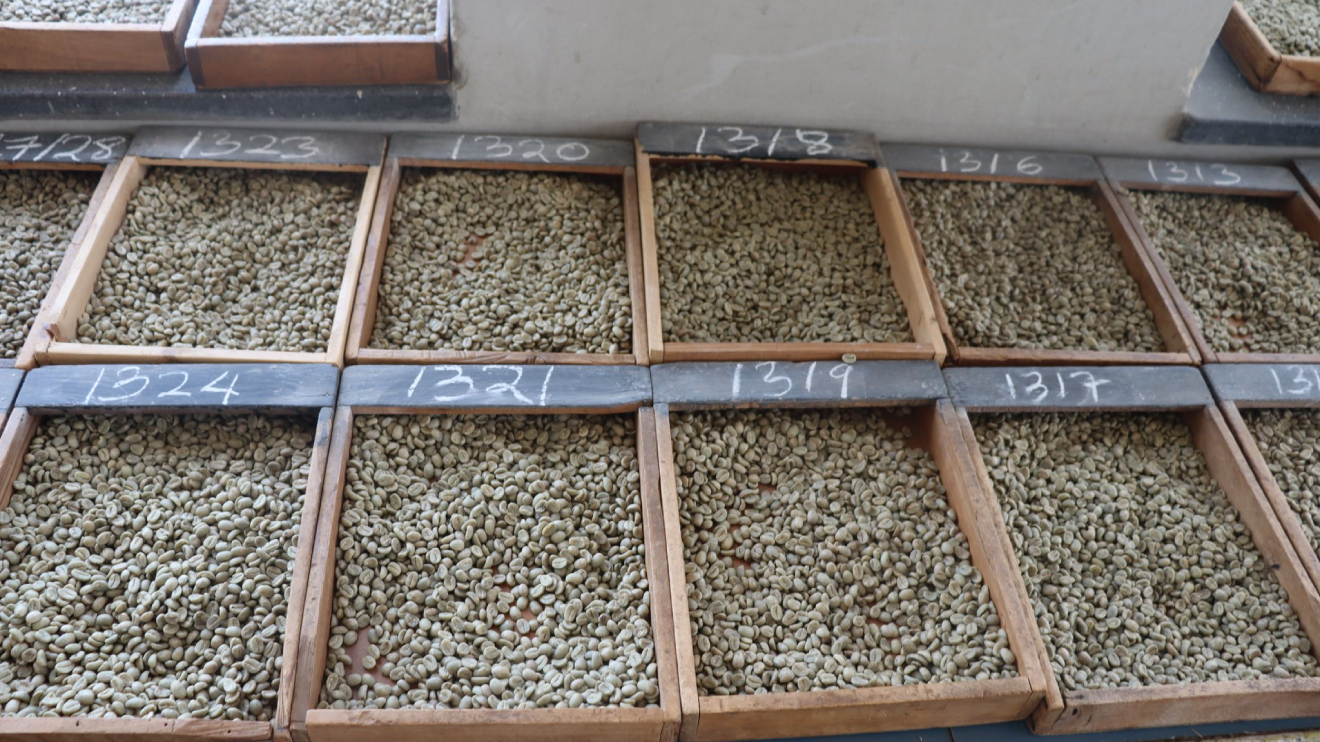The Kenya Bureau of Standards (KEBS) issued a crucial notice today, impacting importers of used or secondhand electric motor vehicles.
In line with its statutory responsibilities outlined in the Standards Act, Cap. 496, Laws of Kenya, KEBS emphasizes the importance of quality inspection for imports, ensuring compliance with Kenya Standards or approved specifications.
According to Legal Notice No.78 of 28th April 2020, titled the Verification of Conformity to Kenya Standards of Imports Order, KEBS is enforcing a stringent requirement for all used or secondhand electric motor vehicles intended for importation into Kenya. Importers must ensure that these vehicles boast a battery life of not less than 80 per cent.
"We wish to notify all importers of used/secondhand electric motor vehicles that all used/Secondhand electric motor vehicles must have battery life not less than 80 per cent to be allowed for importation into the country," KEBS stated.
This mandate underscores the nation's commitment to environmental sustainability and consumer protection in the burgeoning electric vehicle market.
Read More
By imposing a minimum battery life requirement, authorities aim to safeguard consumers from substandard imports and promote the adoption of electric vehicles with reliable performance and longevity.
Furthermore, KEBS has specified additional measures for used electric motor vehicles originating from specific countries.
Imports from Japan, UAE, Thailand, Singapore, South Africa, and the UK are subject to mandatory Pre-Inspection by Quality Inspection Services Inc. (QISJ), the appointed inspection agent for motor vehicles by KEBS.
This announcement heralds a significant shift in Kenya's regulatory landscape concerning electric vehicles.
With the global automotive industry increasingly pivoting towards sustainable alternatives, Kenya's adherence to quality standards reflects its commitment to aligning with international best practices while ensuring the safety and satisfaction of consumers.
Importers, therefore, are urged to diligently adhere to these regulations to avoid any disruptions or complications in the importation process.
Compliance with KEBS standards not only facilitates smoother transactions but also contributes to the nation's efforts towards a greener, more sustainable future.
In light of this development, stakeholders in the automotive industry are closely monitoring the implications of these regulations, anticipating their impact on market dynamics and consumer behaviour regarding electric vehicles.
As Kenya continues its journey towards a more environmentally conscious future, the implementation of stringent quality standards for electric vehicles marks a pivotal moment in the nation's automotive sector.









